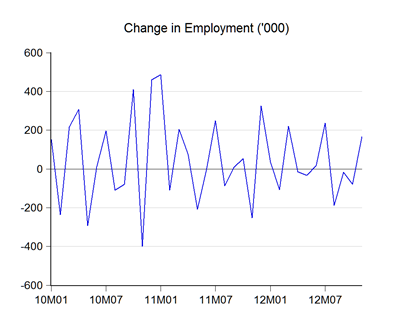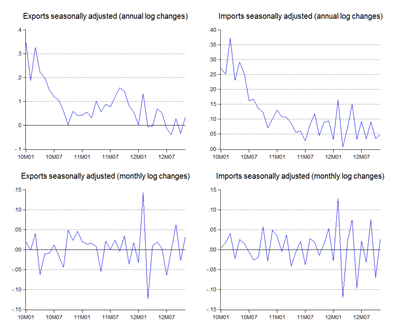I feel like banging my head against the wall (excerpt):
Study shows Barisan expected to win GE13
KUALA LUMPUR: Barisan Nasional is expected to win the 13th general election (GE13) which will be held this year, according to a study.
Titled “Study on Feedback of Undergraduate Voters”, it covered 3,000 respondents from Universiti Malaya (UM), Universiti Kebangsaan Malaysia (UKM) and Universiti Putra Malaysia (UPM).
The respondents involved undergraduates aged 21 and above from the Malay, Chinese and Indian communities, some of whom would be voting for the first time.







